What Is Face Yoga? How This Simple Daily Practice Can Give You Timeless Skin Naturally



Cortney Clift


What if you could contour your cheekbones without using contouring makeup? Or dramatically smooth wrinkles without Botox or fillers? Or tighten sagging skin without a surgical facelift? All of this (and more) may be possible with the help of face yoga, an increasingly popular wellness practice that comes with some pretty impressive benefits.
But how exactly does face yoga work? And more importantly, does it actually produce results? Continue reading below for the full 101 on this wellness practice. We've even included some insight from a facial yoga expert as well as a few exercises you can try to test out the technique at home.
It's about glam time you treated yourself.
Join IPSY

MEET THE EXPERT
Koko Hayashi has been practicing face yoga for more than a decade and has been teaching the technique to her celebrity clients since 2018.
Annelise Hagen is the founder and creator of Yoga Face, a yogic workshop for facial wellness and rejuvenation.
What Is Face Yoga?
Face yoga is essentially a natural alternative to cosmetic anti-aging procedures. The wellness and skincare practice includes a number of different facial exercises designed to tone and sculpt your face muscles over time. “Face yoga helps wake up sleeping muscles in the face to lift up the skin and relaxes overworked muscles for wrinkle reduction,” says face yoga expert Koko Hayashi.
Annelise Hagen, the founder and creator of Yoga Face, adds that facial yoga also utilizes yoga and exercise techniques like deep breathing, meditation, and face asanas "to strengthen and firm facial muscles to help produce better skin tone and circulation, thereby increasing skin cell regeneration. For me, it's a holistic approach to facial wellness and rejuvenation through yoga and exercise principles."
By regularly performing face yoga exercises, it's believed that you may be able to eventually tone your way to a sculpted, younger-looking complexion.
Does Face Yoga Really Work?
Like many holistic-based wellness practices, many of the benefits associated with face yoga are anecdotal. “In addition to beauty benefits, face yoga helps open up your airway by keeping the tongue up and flat on the palate, so it’ll be easier to nose breathe,” says Hayashi. “Also, we advise you to keep a tiny space between your upper and lower teeth all the time (except when chewing). This way you can dramatically reduce unnecessary tension on the jaw. Physical tension is mental tension, so by reducing the jaw tension, you can reduce mental stress, too.”
There have also been a few notable studies on the results of facial exercise that show proven potential for this practice. In one small 2018 study, participants who performed facial exercises for 30 minutes a day for eight weeks saw impressive results (which were measured by an innovative, non-biased aging scale). The evaluator noted both a significant improvement in cheek fullness and a general decrease in signs of aging.
Another study found that regularly conducting facial exercises using a Pao device (a facial exercise tool) can create a reduction in wrinkles and more definition around the jawline.
While those in the first study did face yoga for 30 minutes a day, Hagen says you don't need to do it for quite so long to see results: "I recommend doing a few minutes of facial exercise in the morning or evening every day. If you already have a yoga practice, you can just add a little bit of face yoga into your regular mix. Same with meditation, if you meditate regularly you can add some awareness to your face and meditation to see results that way."

The Benefits of Face Yoga
There are a long list of ways that face yoga can help to promote youthful, healthy, and glowing skin, as well as improved health overall. The most notable (and scientifically measured) benefits are the ones mentioned above: an increase in definition around the cheekbones and jawline.
Depending on which exercise you do and the tools you use (more on those below), face yoga may also be able to minimize the appearance of stress lines and promote lymphatic drainage, which can increase circulation and blood flow, reducing puffiness and giving the skin a noticeable healthy glow.
In addition to the cosmetic benefits, face yoga may also be able to help with other health issues such as headaches, neck pain, and jaw tension. In a third study on the benefits of facial exercises, researchers found that, like other physical exercise practices, face yoga may even come with mental health benefits. All in all, this is a self-care practice that goes far beyond addressing some pesky fine lines and crow's feet.
Face Yoga Supplies
For many facial yoga poses, you don't technically need any skincare products or tools. However, if you want to deepen your practice, you might consider applying a non-comedogenic face oil before beginning. Hagen says her favorite facial oil to use is a hydrating and balancing jojoba oil.
"Also I do recommend using gua sha blades and facial rollers," Hagen says. "These tools can help a lot with lymphatic drainage, as well as traditional self-massage techniques and acupressure points that are found in both traditional Chinese medicine and Ayurvedic medicine."

5 Facial Yoga Exercises to Try at Home
Ready to incorporate face yoga into your regular skincare routine? Below is a brief tutorial on how to try a few favorite face yoga exercises for beginners.
1. Mewing
According to Hayashi, mewing is the most important pose (or tongue posture) to practice—it is also one of the easiest to master for face yoga beginners. “You should keep your tongue up and flat against your palette whenever your face is resting,” she says.
2. Cheek Squat
In this exercise, recommended by Hayashi, start by saying “oh” then “ah” to create a big smile. Show your upper teeth (at least eight of them), without showing lower teeth, then place your upper teeth on the bottom lip. Lift up your tongue and press it flat against the roof of your mouth. Lift up your cheeks as high as possible without squinting too much for 10 seconds.
3. Tongue Stretch
This pose is Hayashi’s secret to help reduce a double chin. First, close your eyes and slowly lift your head up toward the ceiling (as a reminder, you can touch your chin to help reduce chin tension). Stick your tongue as high as possible to try to lick the ceiling for 10 seconds.
4. Lion Face
Hagen recommends starting this pose by tightly scrunching up your face. Then, actively release all that tension by dropping your jaw, opening your mouth wide, and sticking out your tongue as far as it can go. Let out a long breath through your mouth and, with the back of your throat, make a sound like a lion’s roar.
5. Satchmo
This pose (another favorite of Hagen) is designed to help lift the jowls of your cheek muscles over time. Begin by taking a big inhale, then use the breath to puff out your cheeks like a blowfish. Then, move the air in your mouth back and forth, from one cheek to the other for about 10 seconds. Release and repeat.
6. Kiss the Ceiling
This exercise helps to work out the jawline and neck. Hold your arms at your sides, tilt your head back slightly and pucker your lips, as if trying to "kiss" the ceiling. Hold for 10 seconds, then release.
7. Baby Bird
This pose is designed to help with toning the neck muscles to prevent a double chin. Tilt your chin up and to the right, then press the tip of the tongue to the roof of the mouth. Next, smile and swallow. Release and repeat with your head tilted up to the left and center.
8. Smiling Buddha Face
Hagen says this pose is her favorite for reversing the effects of a stern or frowning facial expression. To do this easy pose, simply close your eyes and do your best impression of Buddha’s calm, ever-so-slight smile. Training your face to restfully smile may help to reduce frown lines which can ultimately contribute to the formation of wrinkles.
Ready to discover even more trending beauty techniques and products? Take our Beauty Quiz now to get started with your own IPSY beauty subscription. Already an IPSY member? Refer your friends to earn points, which you can use toward products. Either way, don’t forget to check us out on Instagram and TikTok @IPSY.
Like this article? Share it with your friends by clicking the icons below!
Liked this post? Share!
Related Stories

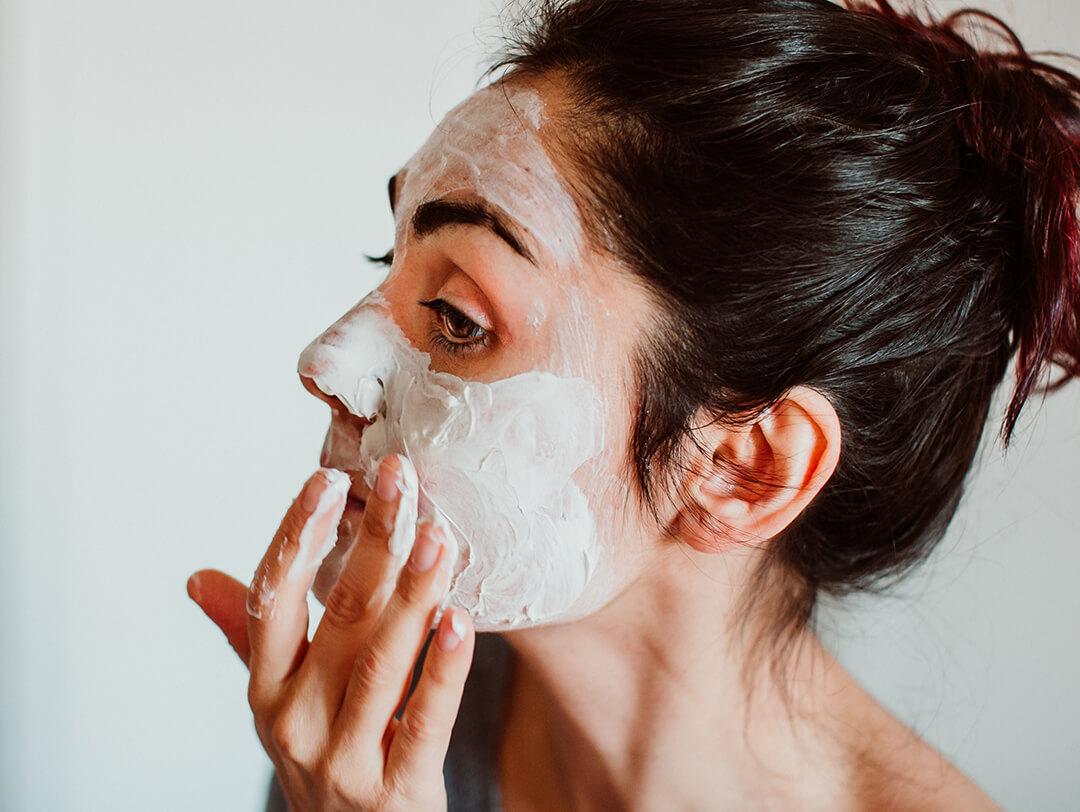
Skin
22 Amazing Vegan Skincare Brands You Have To Try
Published on Nov 2, 2021


Skin
Who Needs a Pro Spa Day? These Tips Will Help You Create the Ultimate DIY Home Spa
Published on Sep 17, 2021
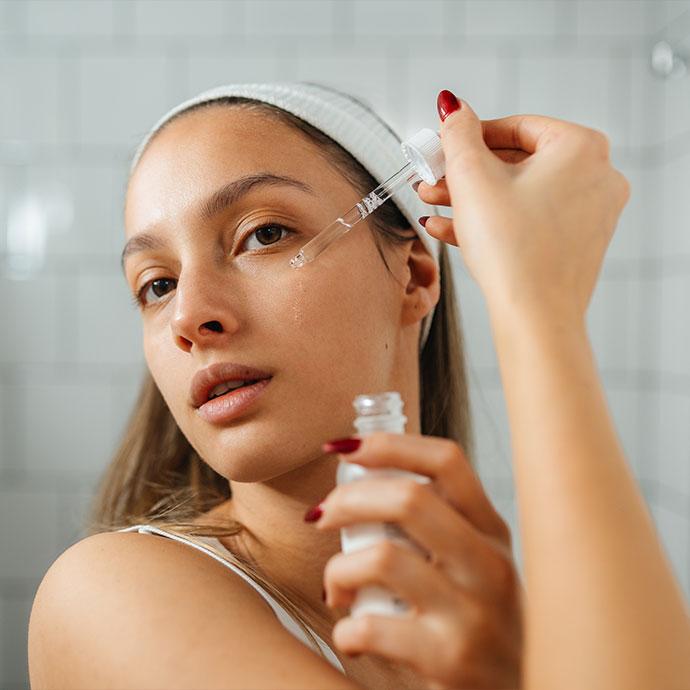
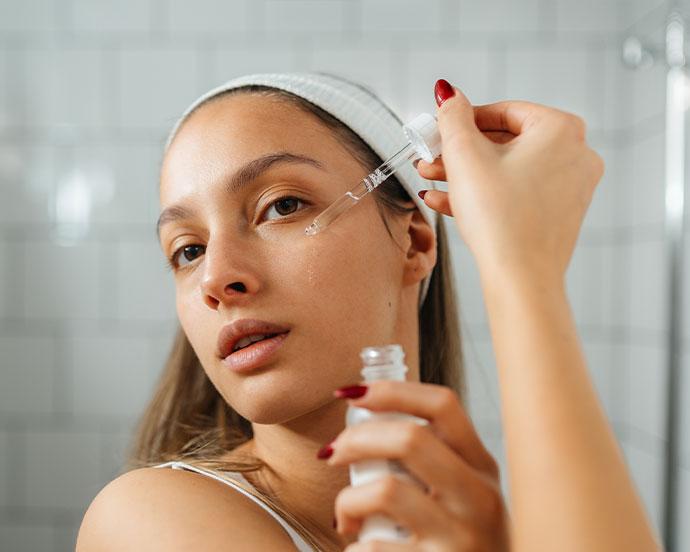
Skin
Rebound Hydration Is the Skin Reset Your Barrier’s Been Asking For
Published on Jan 28, 2026 • 3 min read
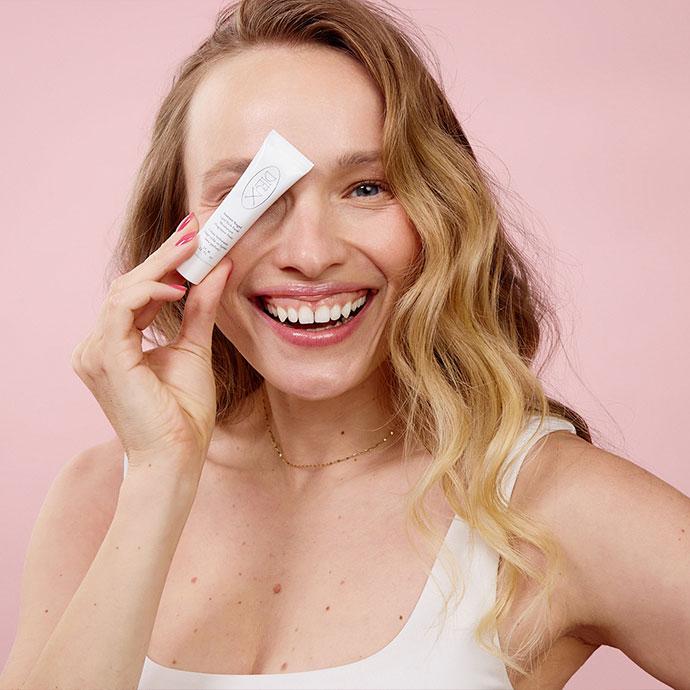
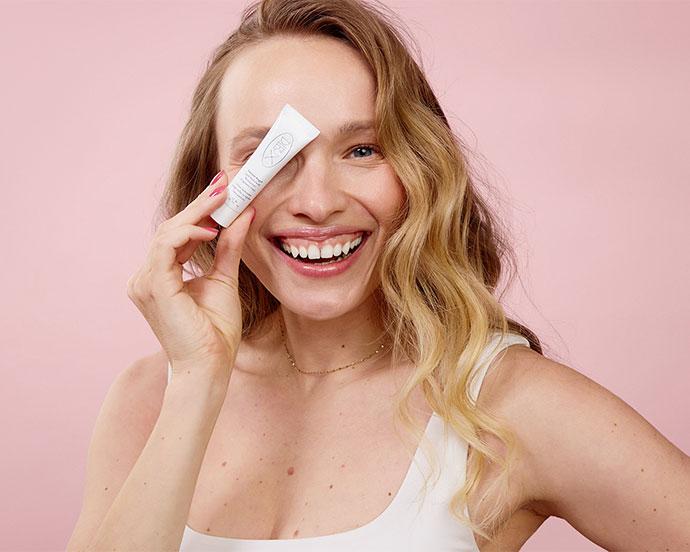
Skin
The No-BS Skincare Movement Starts With DIEUX SKIN
Published on Jan 27, 2026 • 4 min read
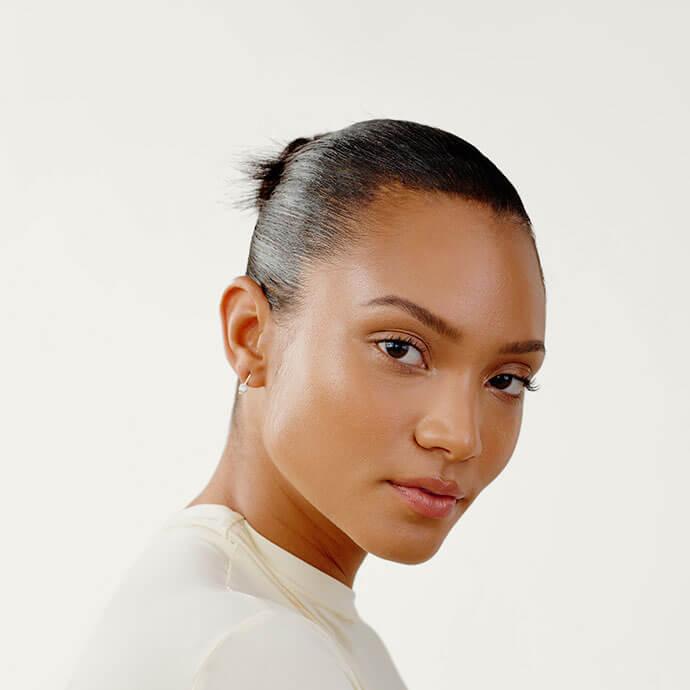
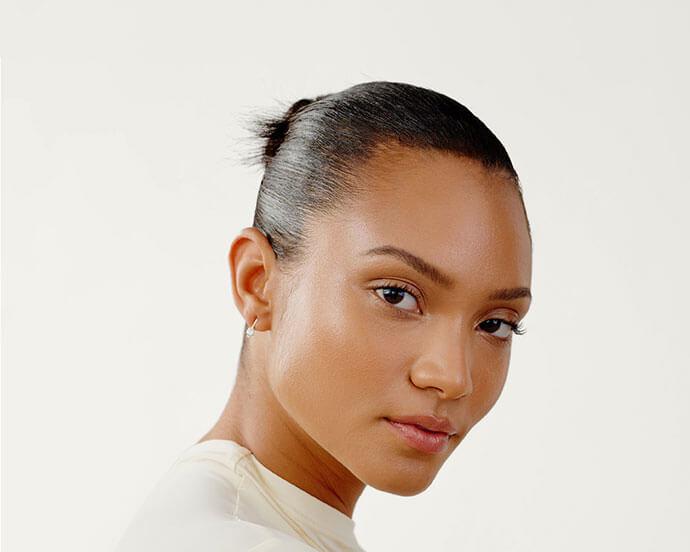
Skin
Skinimalism Is the Ultimate Stripped-Back Skincare Trend
Published on Jan 22, 2026 • 6 min read


Skin
Spring Is Coming—Is Your Skincare Ready?
Published on Jan 15, 2026 • 4 min read
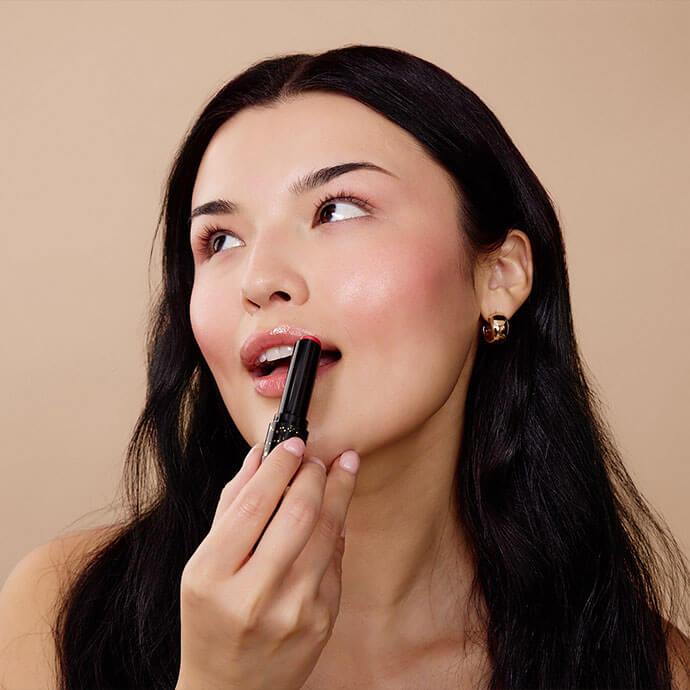
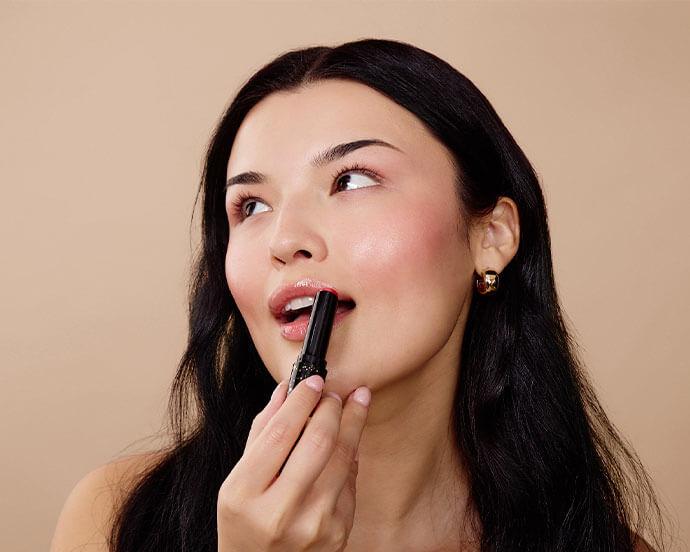
Skin
The Hydration Sandwich Trend Will Save Your Dry Lips This Winter
Published on Jan 13, 2026 • 4 min read


Skin
What Is the Skin Barrier & Why Is Everyone Talking About It?
Published on Jan 12, 2026 • 6 min read


Beauty Picked Just for You
Get 5 products worth up to $70
Plus exclusive access to epic deals up to 80% off
Starting at just $14/month. Cancel anytime.